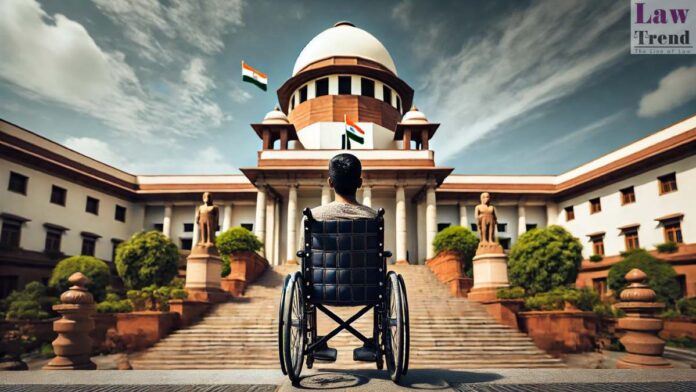The Supreme Court of India has directed a comprehensive nationwide monitoring of all state-run and private care institutions housing persons with cognitive disabilities, citing systemic failures and prolonged non-compliance with disability rights law by state and central authorities. A bench of Justice Vikram Nath and Justice Sandeep Mehta also raised serious concerns about the denial




